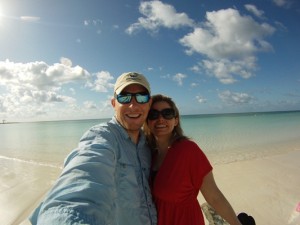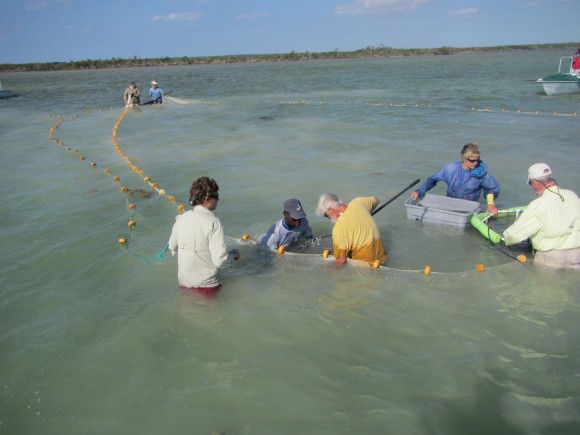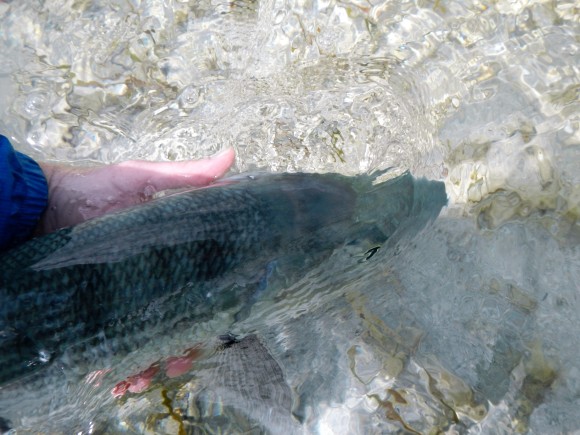
Happy in the Bahamas, a scene now likely to be repeated.
Reflecting on the news that the proposed regs look, really, pretty good, I think it makes sense to look at the ideas that got shed from the start, through the middle and to the (possible) end of this process.
- Guides issue licenses – This could have let a guide just decide not to give you a license, meaning you couldn’t plan a trip because you could get there and find no one wanted to give you a license.
- The Box – there were going to be set areas for DIY, not the best, and that would be it.
- No DIY on certain Islands – Along with the boxes, some islands would have just been off limits. The whole place is open for business, willing to accept your business in whatever form you can give it.
- BFFIA everything – At one point or another it was proposed the BFFIA would certify guides and lodges. They were going to decide where conservation money would go. They would take care of enforcement. That’s all gone. They’ll be part of it, but not all of it and it won’t be their show. If you wonder how He-Who-Must-Not-Be-Named feels about the legislation, he’s on the verge of imploding over it, which I take as an excellent sign.
- No Confusing License Scheme – There was a time when you might, on a single trip, need three different licenses based on who you were fishing with. That’s gone.
- Foreign owned lodge ban – This was never likely, but the intent was in there, even if the mechanism couldn’t work.
- Second home owners can still fish – You can take your wife out or your buddy out if you have a house in Abaco or Exuma or Grand Bahama.
Basically, this is a straight forward proposal with all the idiocy removed. This is a pretty solid proposal and I support it. There will be a license. There will be certification and training to ensure the quality of the guides (that last Abaco trip I had maybe 6 or 7 guys tell me they were “guides,” who clearly were not, so that seems a good thing).
The Bahamas’ fly fishing industry has been saved (for now, at least).
What this means to me is that I will go back to the Bahamas. I will go back with my family for family trips. I will go back and fish with guides, at lodges and on my own. It means the Bahamas can continue to be a special place for me and I’ll continue to enjoy its places and people.
I’m happy for my Bahamian friends and I’m happy for my fishing friends.
There are very real threats to the Bahamas, mostly from over-development and industrial exploitation. We have to continue to watch these things and use our muscle, when we can, to keep things in the Bahamas as beautiful and pristine as possible.











